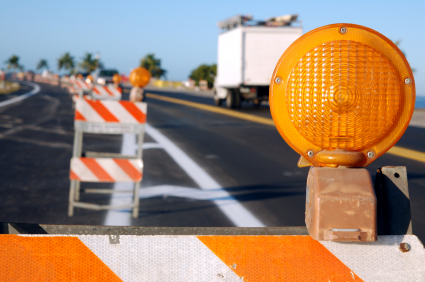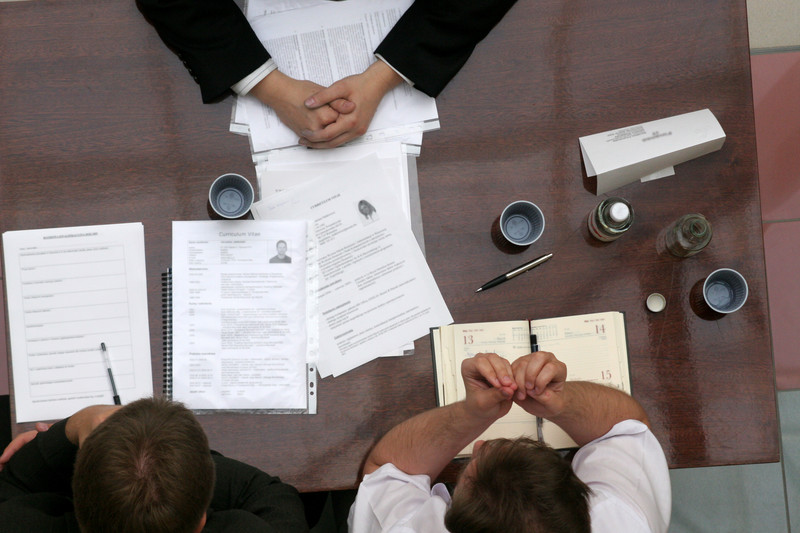You have an important meeting in 30 minutes; it takes 20 to drive to work, five to run to your office, and a minute or two to compose yourself so you don’t look like you just did a five-minute run.
What’s that? A roadblock. A big, nasty construction detour.
We all hit roadblocks, and they always seem to come at a time when we are already feeling pressured and hurried. Hitting an impasse in mediation is similar; we feel panicked and rushed into doing something, anything, to get moving again. What can you do, besides leaning on your horn and cursing at the other drivers?
Impasses, like roadblocks, happen. We know this, and we usually build some extra time into our commutes to allow for delays. It’s helpful if you plan to do the same with mediation. Hopefully it will be smooth sailing at highway speeds the whole way, but occasionally, you may hit an obstacle. The first step is to understand the underlying cause of the impasse. When you’re stuck in traffic, it could be an accident, construction, a police checkpoint, or unusual congestion. When you’re stuck in mediation, common causes include:
- Party(ies) feel intimidated by the process or by the other party.
- Party(ies) are not able to express themselves adequately. They are either too emotional or simply inarticulate.
- Lawyers are there setting an aggressive and adversarial tone.
- Parties are only there so they can say they tried mediation.
- One or both parties may be having difficulty separating their positions from their interests.
- They may be unable to see the conflict from any perspective but their own.
- One party feels entitled because of their position, status, wealth, etc.
- One party quits or threatens to quit because of hurt feelings.
Now, when you’re in traffic, knowing the cause of the blockage is not going to do you one bit of good. Fortunately, though, when the mediator is able to determine the underlying cause of the impasse, it can help everyone get by the roadblock with minimal time and energy lost. It may be trite to say , but there is some sort of impasse built into every conflict that gets in front of a mediator. Sometimes the mediation process itself is enough to break the impasse because the parties actually start listening but sometime it takes a mediator to identify the impasse and help the parties plan an alternative route.





